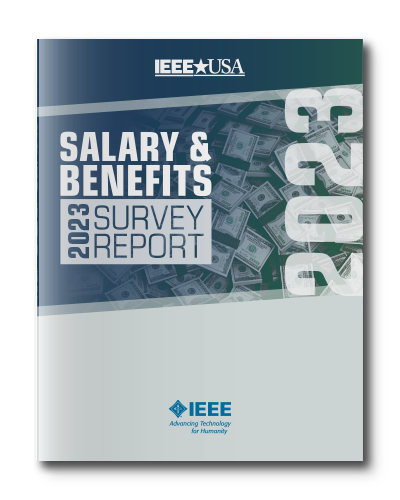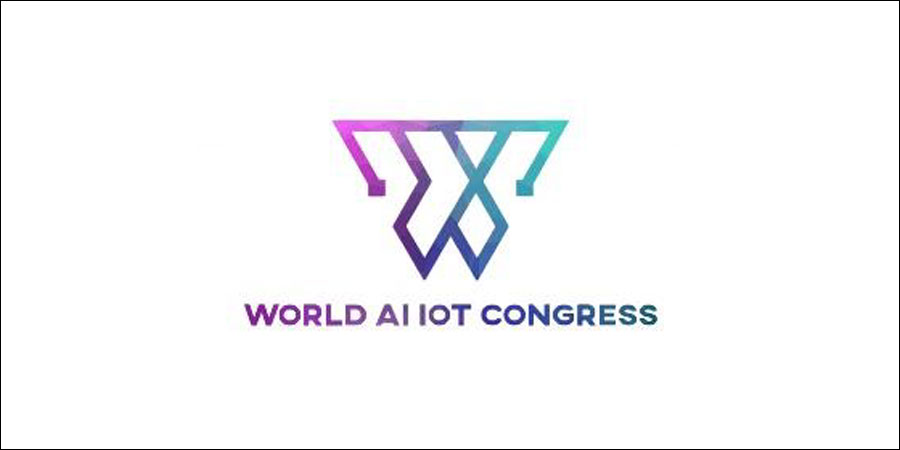WASHINGTON (1 February 2017) — At this time of rapid change and shifting corporate strategies, complacency can easily threaten an engineering career. Global competitiveness is unforgiving, and if not sharpened regularly, an engineer’s skills can obsolesce quickly. Continuing education is one of the keys to a robust engineering career.
Staying Sharp — Vol. 1: Tips for Staying Sharp Inside Your Company, the first in a two-part series, provides more than a dozen proven strategies engineers can incorporate on the job. In this award-winning IEEE-USA E-BOOK, veteran engineering professional and educator Harry T. Roman shares his thoughts about how engineers can sharpen their non-technical skills for career success.
“Never forget that during your ‘sharpening’ process, the soft skills are just as important as the hard skills,” Roman says. “And that includes the people you lead and manage.”
Volume 1 is filled with tips about mentoring, starting project teams, working with schools and continuing education, among other topics. Roman also advises to “do your R&D … a process that converts uncertainty into risk,” for many companies. But he encourages getting involved with it, explaining that if you know the risk associated with a technological path, you can make educated investments for the future.
Roman says that he is where he is today from decades of mentoring, and the advice his IEEE colleagues gave him over many years of IEEE membership.
Now through 15 March, IEEE members can get a free download of this e-book by going to: http://shop.ieeeusa.org/usashop/product/careers/125999. Log in with your IEEE Web account, add the book to your cart and use promo code FEBFREE17 at checkout.
MARCH FREE E-BOOK
In March, IEEE-USA E-BOOKS will offer Women in Engineering — Book 1: Inspire and Close the Gender Gap, free to IEEE members.
In Book 1 (Volume 1) of the award-winning IEEE-USA Women in Engineering E-Book Series, author Nita Patel examines the questions: How many women pursue STEM career fields? Why are more women not graduating with STEM degrees? How can we recruit and retain women in engineering?
Over the past few decades, women’s participation in the workforce has increased significantly. Women are earning a larger share of university degrees, and the demand for STEM-educated professionals has grown more than four times the rate of the U.S. labor force as a whole. Nevertheless, women’s representation in STEM occupations has remained relatively flat — or is decreasing — worldwide.
CALL FOR AUTHORS
IEEE-USA E-BOOKS seeks authors to write an individual e-book, or a series, on career guidance and development topics. If you have an idea you think will benefit members in a particular area of expertise, please email your proposal to IEEE-USA Publishing Manager Georgia C. Stelluto at g.stelluto@ieee.org.
IEEE-USA serves the public good and promotes the careers and public policy interests of nearly 190,000 engineering, computing and technology professionals who are U.S. members of IEEE.
Web: www.ieeeusa.org
Facebook: www.facebook.com/ieeeusa
Twitter: www.twitter.com/ieeeusa
Join IEEE: www.ieee.org/join
Contact: John Yaglenski
Director, IEEE-USA Communications
j.yaglenski@ieee.org
+1 202 530 8356













